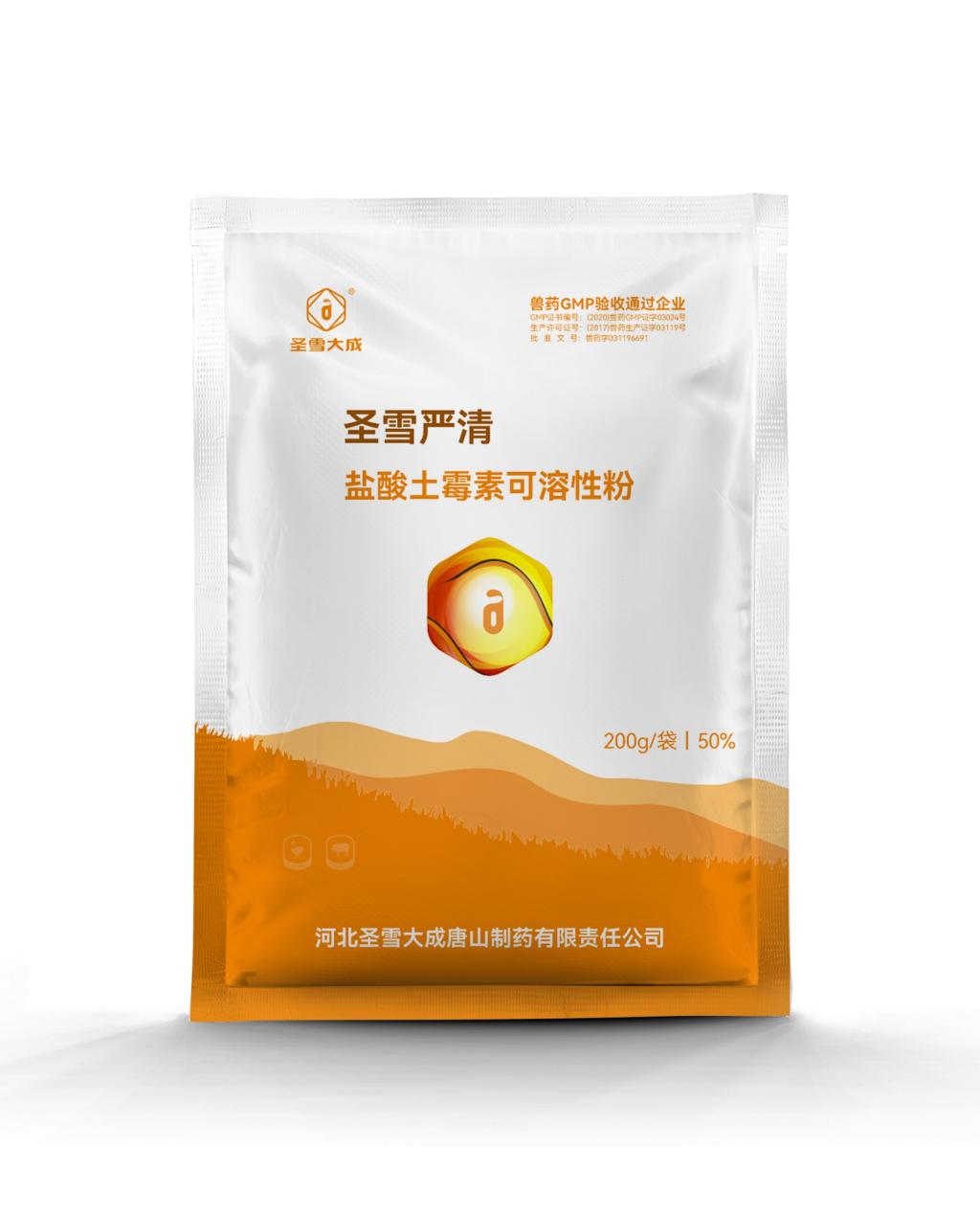Tel:0086 18231198596

News
Global forums discuss strategies for sustainable Oxytetracycline production to meet rising demand.
TIME:2023-12-19
Introduction:
The global demand for oxytetracycline continues to rise as it remains a cornerstone in the treatment of bacterial infections. However, the environmental and sustainability challenges associated with its production necessitate coordinated efforts on a global scale. This article examines the strategies discussed in international forums to ensure the sustainable production of oxytetracycline.
Importance of Sustainable Oxytetracycline Production:
The critical role of oxytetracycline in human and veterinary medicine underscores the importance of sustainable production practices. This section highlights the significance of responsible antibiotic production in meeting global healthcare needs while minimizing the environmental impact and addressing concerns related to antibiotic resistance.
Advancements in Production Technologies:
Global forums have been platforms for discussing advancements in oxytetracycline production technologies. Explore innovative approaches, including fermentation process improvements, utilization of alternative raw materials, and the development of eco-friendly manufacturing processes that reduce environmental footprints.
Regulatory Considerations and Harmonization:
Harmonizing regulatory frameworks across countries is essential for ensuring consistent and sustainable oxytetracycline production practices. Discuss the challenges and progress made in aligning regulations, including Good Manufacturing Practices (GMP) and environmental standards, to promote responsible production and mitigate potential risks.
Green Chemistry in Oxytetracycline Synthesis:
The application of green chemistry principles in oxytetracycline synthesis has been a focal point in global forums. Explore sustainable practices such as solvent-free processes, renewable energy utilization, and waste reduction strategies that contribute to more environmentally friendly oxytetracycline production.
Antibiotic Stewardship and Responsible Use:
Beyond production, antibiotic stewardship and responsible use are crucial aspects of ensuring the sustainability of oxytetracycline. Examine discussions on optimizing dosage regimens, promoting proper veterinary and medical practices, and implementing measures to prevent overuse or misuse contributing to antibiotic resistance.
Collaborative Initiatives and Public-Private Partnerships:
International collaboration and public-private partnerships have become essential for addressing the multifaceted challenges in oxytetracycline production. Explore case studies and initiatives where governments, pharmaceutical companies, research institutions, and non-governmental organizations have joined forces to promote sustainable production practices.
Technology Transfer and Capacity Building:
Global forums emphasize the importance of technology transfer and capacity building, particularly in regions where oxytetracycline production is significant. Assess initiatives aimed at sharing knowledge, fostering technology transfer, and building local capacities to ensure responsible production practices are adopted globally.
Assessing Environmental Impact and Life Cycle Analysis:
Environmental impact assessments and life cycle analyses have gained prominence in discussions on sustainable oxytetracycline production. Understand how forums are addressing the need for comprehensive assessments to evaluate the environmental footprint of oxytetracycline throughout its life cycle.
Transparency and Stakeholder Engagement:
Transparency and stakeholder engagement are critical components of sustainable oxytetracycline production. Discuss the role of forums in facilitating open dialogues between industry stakeholders, regulatory bodies, healthcare professionals, and the public to build trust and ensure that production practices align with sustainability goals.
Future Directions and Challenges:
Explore the envisioned future directions in sustainable oxytetracycline production and the challenges that must be addressed. Consider ongoing research, emerging technologies, and the potential impact of global trends on the trajectory of oxytetracycline production.
Conclusion:
In conclusion, global forums play a pivotal role in shaping strategies for sustainable oxytetracycline production. The collaborative efforts of stakeholders, advancements in production technologies, and a commitment to responsible antibiotic use are essential elements in meeting the demand for oxytetracycline while safeguarding environmental and public health.

 CONTACT
CONTACT




